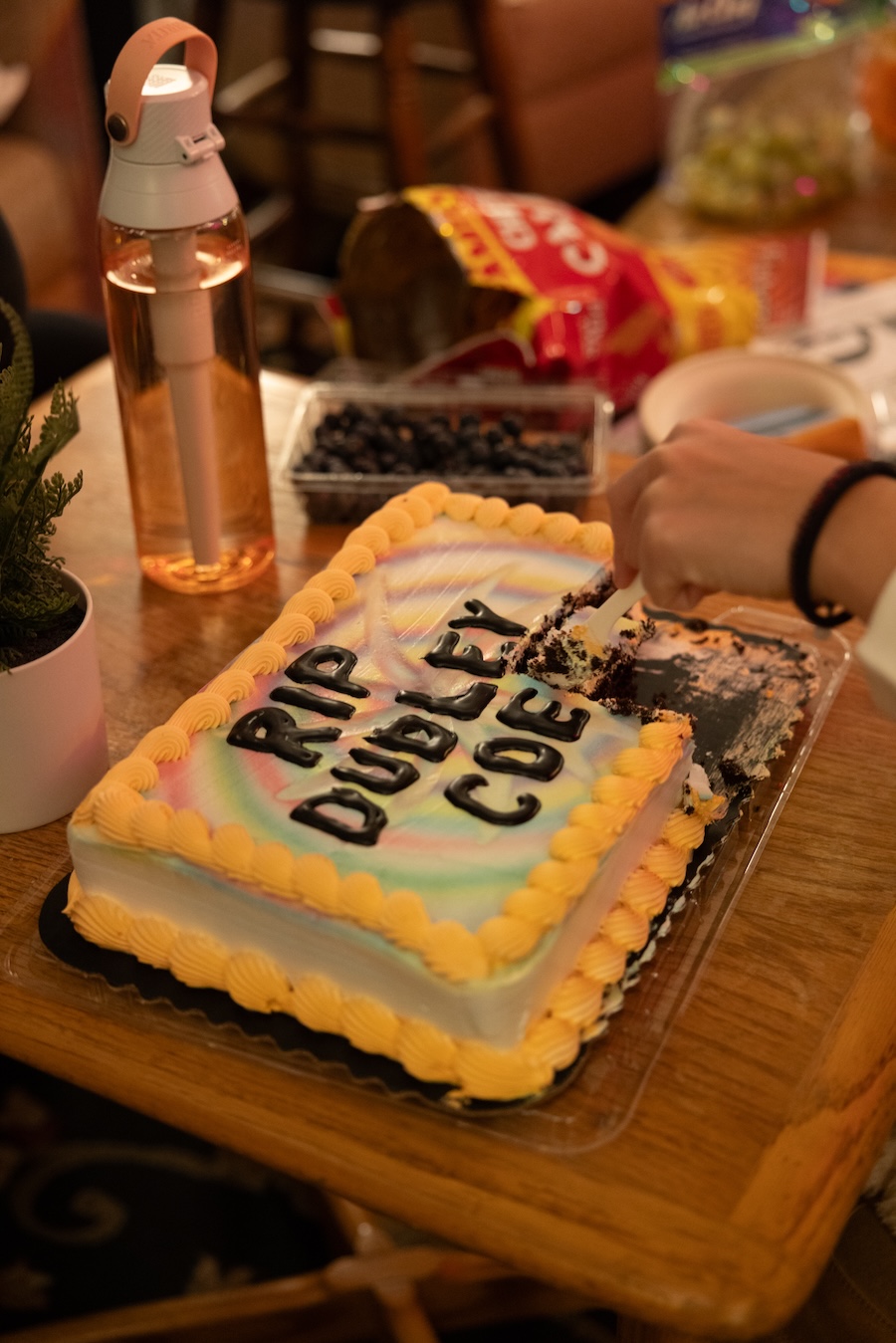Forty Years of the Harry Spindel Memorial Lectureship
By Carly Berlin '18Since 1977, Bowdoin has brought speakers in the fields of Judaic studies and contemporary Jewish affairs through the Harry Spindel Memorial Lectureship. The fund was established with a gift from Rosalyne Spindel Bernstein, H’97, and Sumner Thurman Bernstein, in memory of her father, Harry Spindel, as a lasting testimony to his lifelong devotion to Jewish scholarship.
For the past forty years, the fund has brought Jewish artists, writers, and musicians, as well as academics studying Jewish topics, to campus, and has fostered a celebration of Jewish culture and identity. Highlights include Wolf Blitzer, who gave a talk in the 1989-1990 academic year entitled “Between Washington and Jerusalem”; Art Spiegelman, the Pulitzer-Prize winning author of the graphic novels Maus and Maus II, who visited campus in 2006; and Jonathan Safran Foer, Spindel lecturer of in 2009, and author of the novels Everything is Illuminatedand Extremely Loud and Incredibly Close.
This year, Spindel lecture co-chairs Jennifer Taback and Jill Pearlman brought Peter Fritzsche, professor of history at the University of Illinois, to campus. Fritzsche has written extensively on a wide range of topics in cultural history: some titles of his include Reading Berlin 1900(1996), Life and Death in the Third Reich(2008), and An Iron Wind: Europe Under Hitler(2016), which was recently short-listed for Phi Beta Kappa’s 2017 Ralph Waldo Emerson Prize, for contributions to the intellectual and cultural conditions of humanity.
On Thursday, October 19, Fritzsche delivered his lecture which confronts the question: “Did God Abandon the Ghetto?” Fritzsche—who identified himself as neither Jewish nor as someone who believes in God early in his talk—discussed the question at hand from a historical, rather than theological, perspective.
He began with a grounding statement: “God exists because people believe in him.”
First, Fritzsche provided a brief history of the Greco-Roman gods of war. He then moved into a discussion of atheism in war, reminding the audience of the adage from World War I: “There are no atheists in the trenches.” Tying in perceptions of God in the Book of Job, and the flexibility of faith in Diffusive Christianity, Fritzsche set himself up to deliberate perceptions of God for both Nazis and Jews during the war.
“Nazis attempted to murder God,” Fritzsche posited. A Nazi ideology had to overcome Christian concepts. “Pitilessness,” Fritzsche said, “was the currency of the Third Reich.”
Many Jews—particularly Orthodox Jews from Poland—clung to a grammar and vocabulary of endurance. They believed that the Messiah would come, even if he tarried. Many sung the hymn “Ani Ma’ami” (“I believe with perfect faith”) as they met their deaths.
Other Jewish thinkers found false equivalencies between oppression of Jews in the past and present. Was genocide a modern invention, rather than timeless? What about the Nazi infanticide of Jewish children? Many Jews argued against historical and biblical precedent of the Holocaust, even as the atrocity was playing out around them.
Fritzsche discussed the work of several Jewish poets writing during the Holocaust, none of whom survived. A young boy, Moshe Finker, first found confidence in God, and then called more desperately for God to save him— “If it is not for our sake/ Do it for Your sake.” Etty Hillesum, a woman writing from Amsterdam, sought to protect and counsel God, writing, “I shall try to make you at home always.”
Many Jews, Fritzsche concluded, believed in the idea of a crippled God: one who was present exactly in the wounds of his people.



